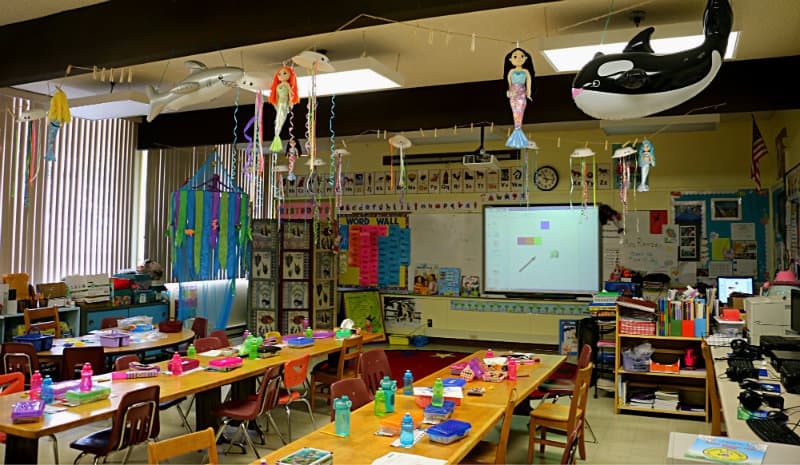
Highlights from the South Coast: Working Together for Kids and Families
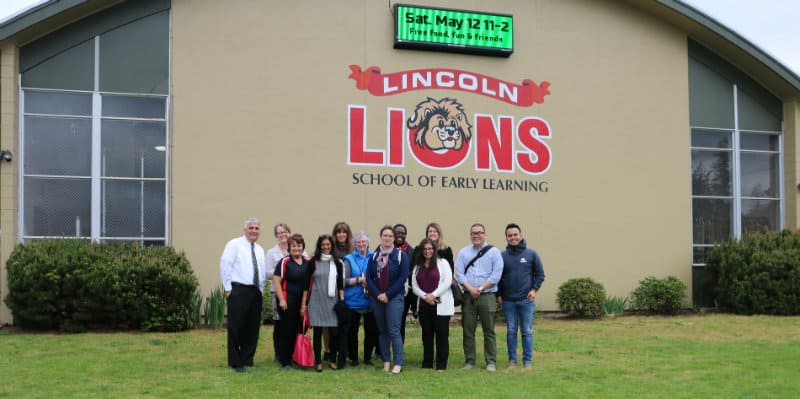 CI staff and others visit the Lincoln School of Early Learning in Coquille, Oregon.
CI staff and others visit the Lincoln School of Early Learning in Coquille, Oregon.
On May 3 and 4, Miriam Calderon (director, Oregon Early Learning System), Martha Richards (executive director, James F. and Marion L. Miller Foundation), and Ericka Guynes (principal, Earl Boyles Elementary School) joined Children’s Institute staff to visit early learning sites in Coos Bay and Coquille.
Our first stop, the Southwestern Oregon Community College (SWOCC) Family Center operates a preschool and serves as an incubator for regional early childhood programs and services. According to professor Maidie Rosengarden, “The SOCC Family Center is a rare place. There aren’t any other community colleges that operate a preschool, train teachers on-site, and offer distance learning with mentorship from master teachers for early childhood educators.” In addition to providing early childhood education and training early childhood educators, the Family Center has also become a resource network for childcare providers. Danaye Gonzalez, Program Manager for CARE Connections Child Care Resource and Referral, told us about the Inclusive Child Care Program: “We brought together parents and providers to make sure children with disabilities and delays were meaningfully included in early education and childcare. 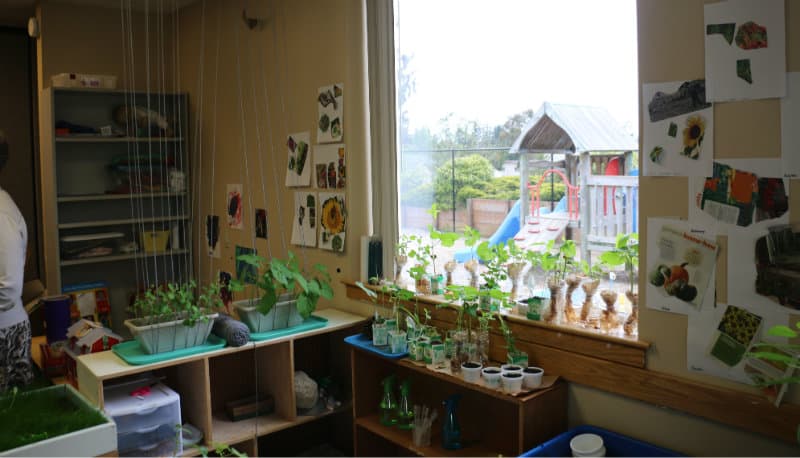 Parents talked about their children and their experiences, and providers listened to better understand the needs of developmentally disabled young children and their families.” This training is necessary everywhere but is extremely important in a region experiencing a severe childcare crisis.
Parents talked about their children and their experiences, and providers listened to better understand the needs of developmentally disabled young children and their families.” This training is necessary everywhere but is extremely important in a region experiencing a severe childcare crisis.
The South Coast, like many other parts of Oregon, is experiencing a critical shortage of preschool and childcare options for young children. The level of crisis has been a motivator for innovative thinking. In Coquille, Superintendent Tim Sweeney and his team made preschool a priority and created an early learning program in the district. Sweeney and Principal Sharon Nelson took us on a tour of the Lincoln Early Learning Center which houses four full-day kindergartens serving 80 students, two-half day preschool classes enrolling 50 3- and 4-year olds, and a Head Start class with 20 children. “If we give young kids meaningful opportunities to learn and grow, we’re setting them up for success throughout their lives,” Tim Sweeney says.
After visiting Lincoln, we met with 20 early childhood providers and partners from around the South Coast to learn about early childhood concerns in their communities. They told us about the key issues that could use more attention and what they were excited about. The group highlighted the severe lack of childcare for infants and toddlers, the need for better wages for childcare and early education providers, and the housing crisis gripping their communities as concerns that need to be addressed so young children and their families can have stability. For South Coast Early Learning Hub Director Heather Baumer, the challenges have driven the region to be more strategic. “The silos are starting to come down and we all have a ‘can do’ attitude. We’re seeing more collaboration between early childhood and K–12; people are starting to see the connections. It’s exciting,” she said.
All over the state, families are grappling with the lack of safe and affordable childcare, few high-quality preschool options, and rising housing costs. These factors are exacerbated in rural Oregon where public transportation can be inconsistent and incomes stagnant. With 47 percent of children born in Oregon relying on Medicaid for healthcare coverage and nearly 129,000 kids ages birth to 5 living at 200 percent or below of the Federal Poverty (FPL), Oregon needs an early care and education system that fosters healthy parent-child relationships, supports access to affordable, quality childcare, and provides high-quality early learning experiences.
Oregon’s young children need to be a priority. The families, teachers, and providers of the South Coast know there is no time to waste.

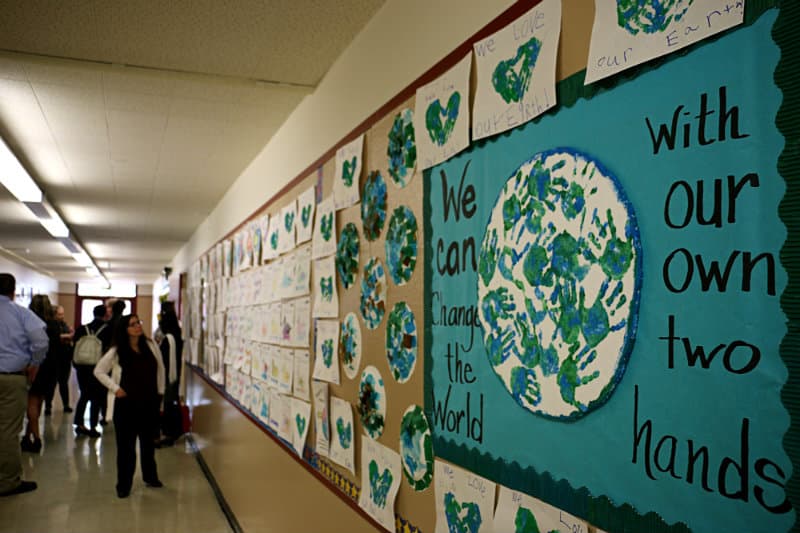
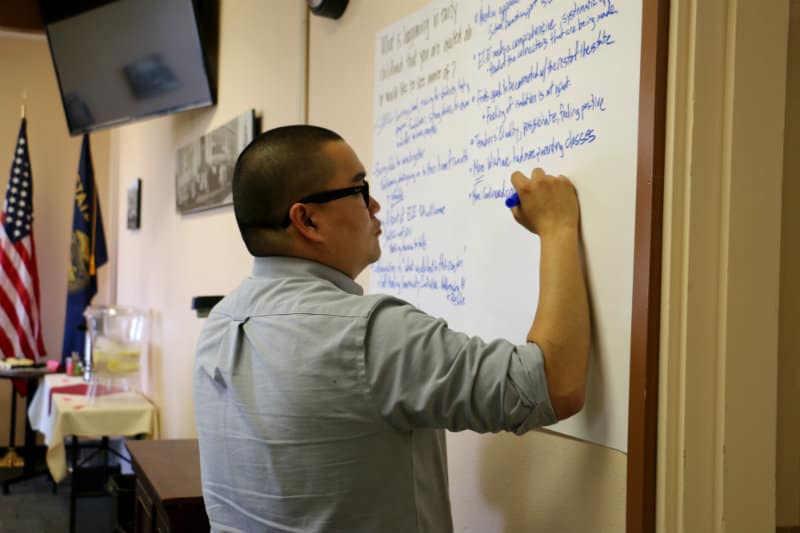
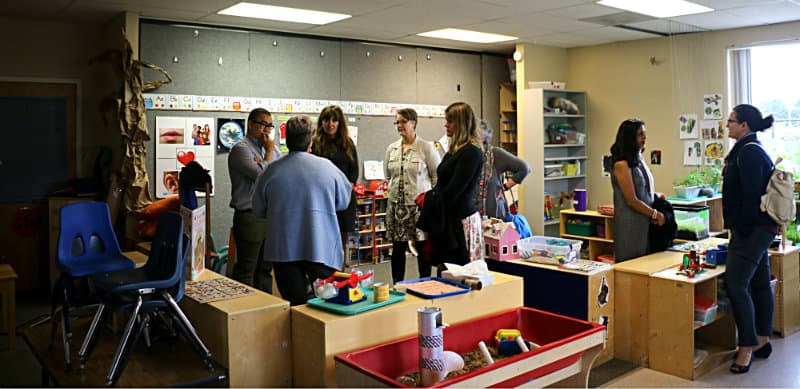
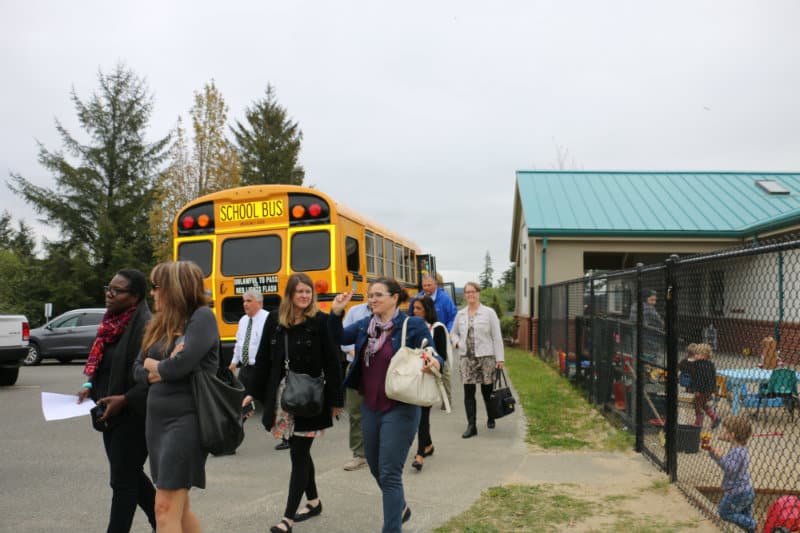

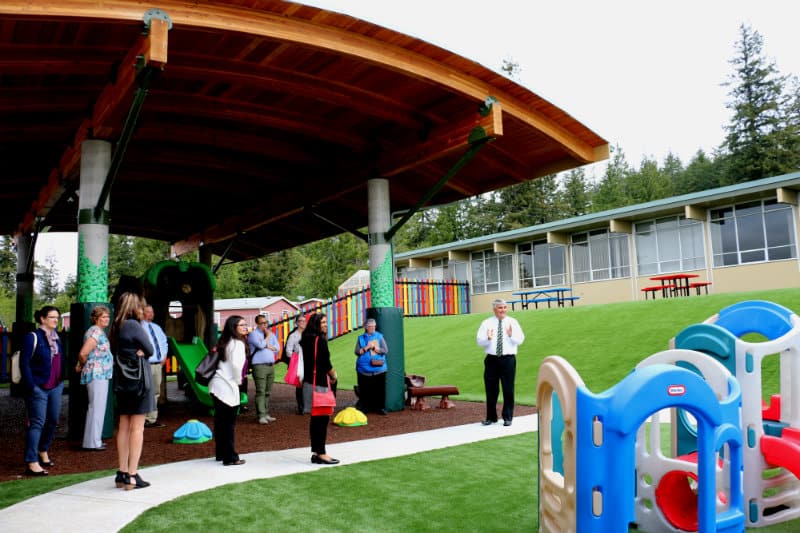
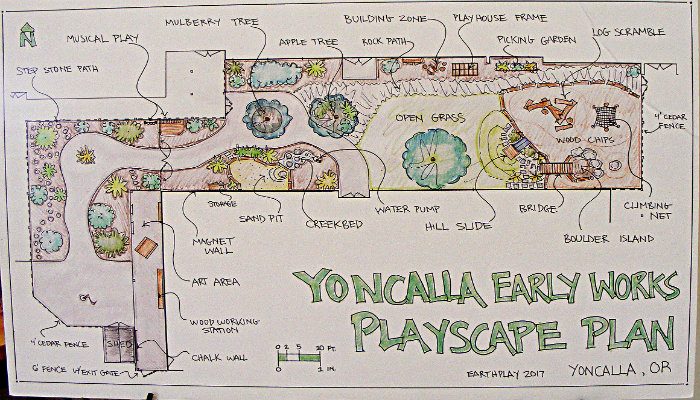
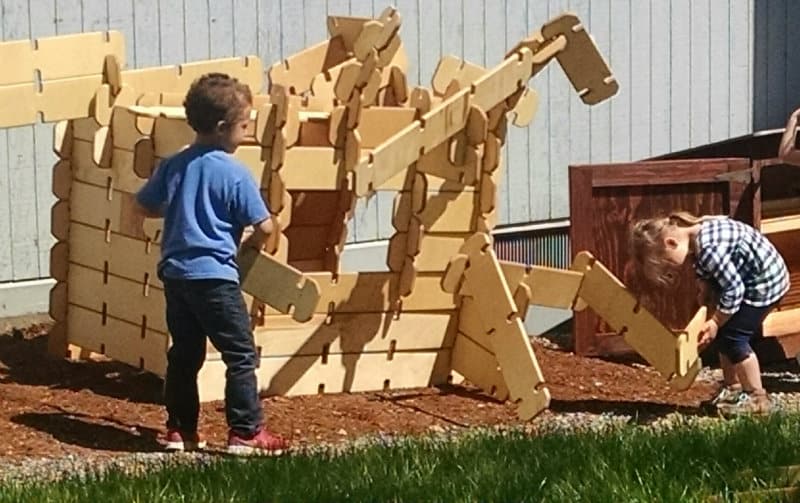

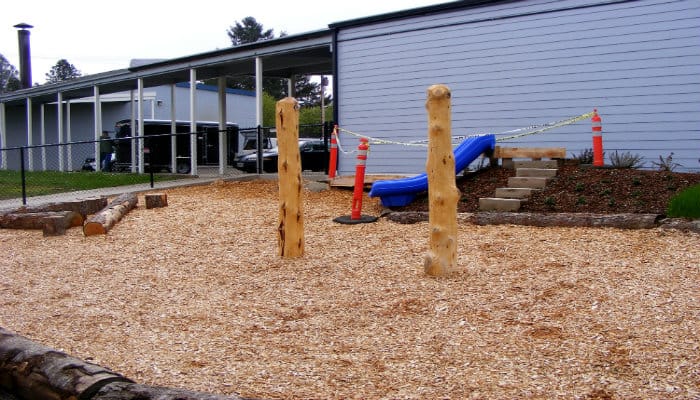
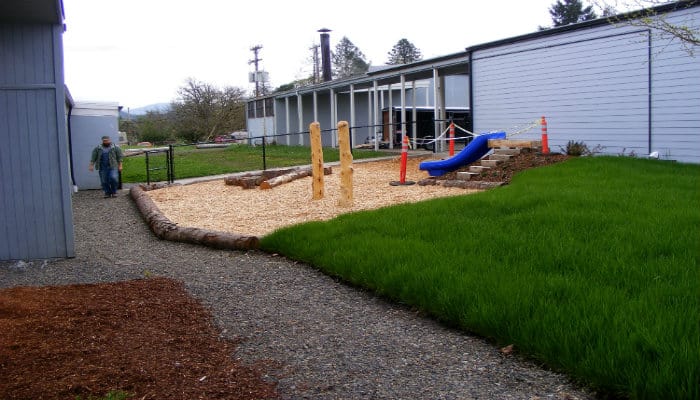
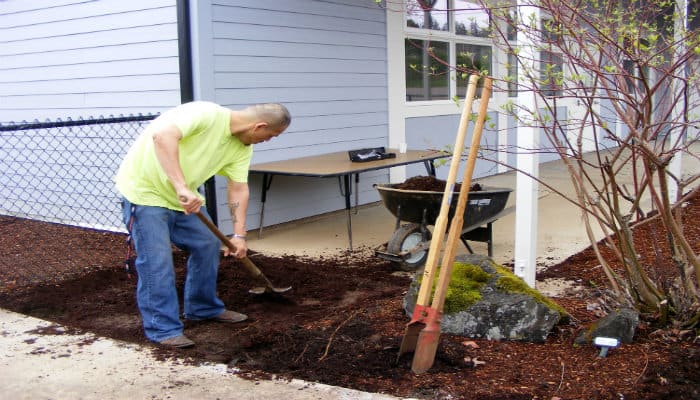
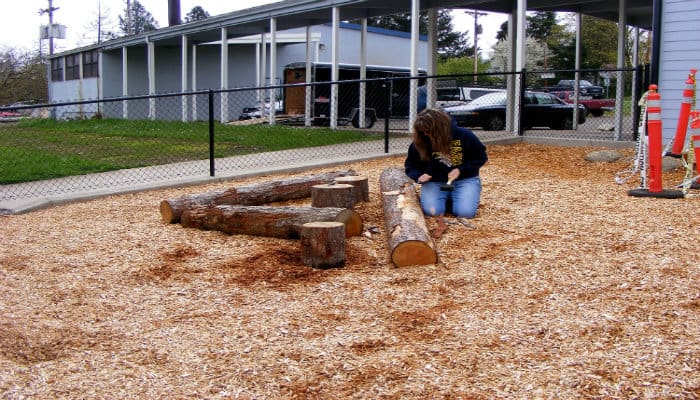
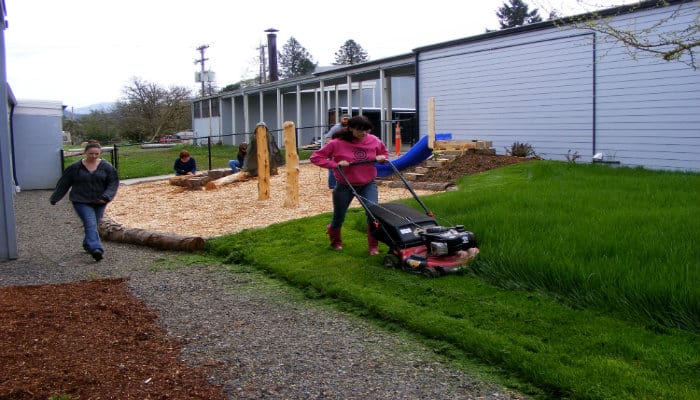
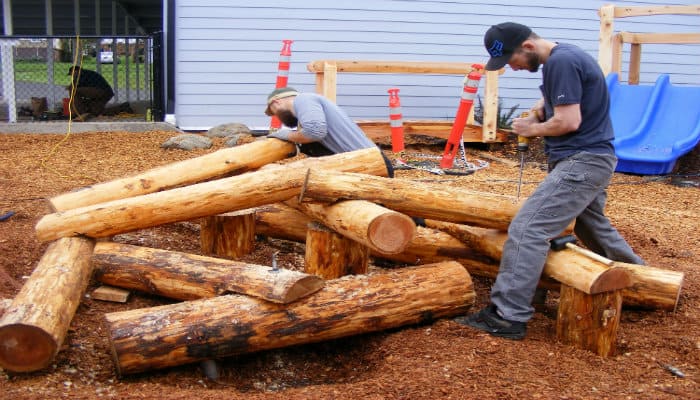
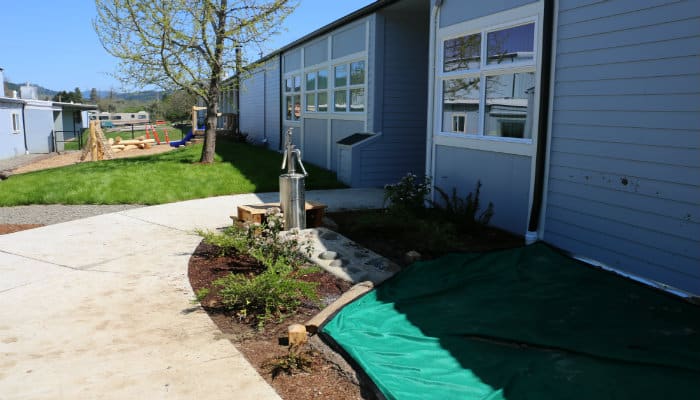

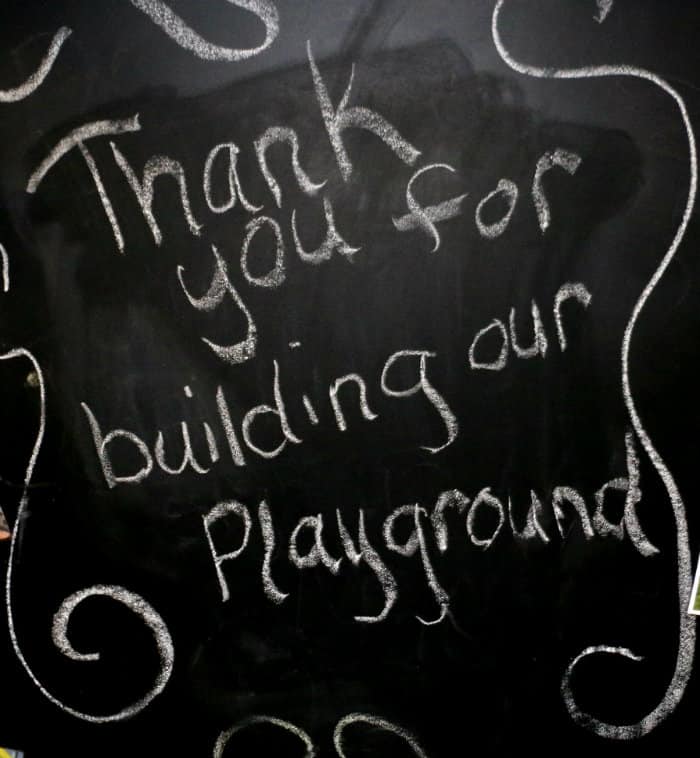
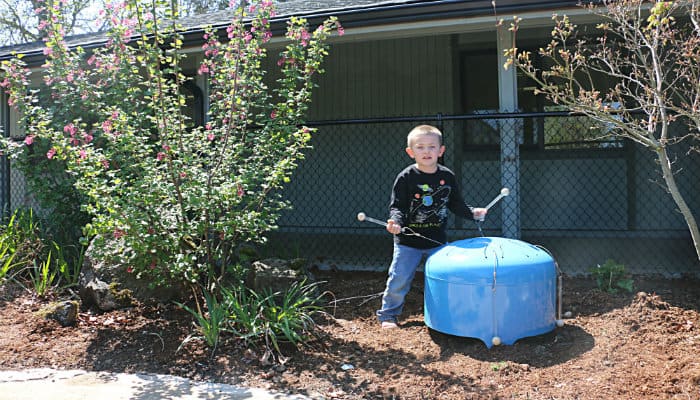
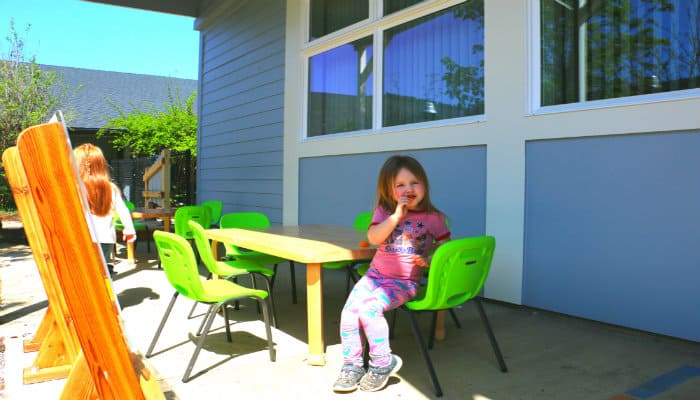
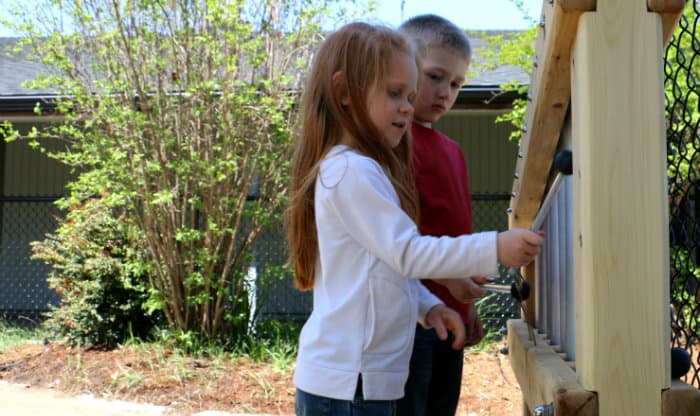
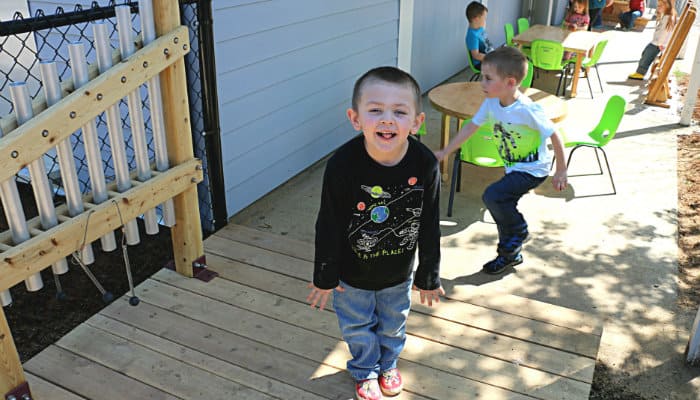
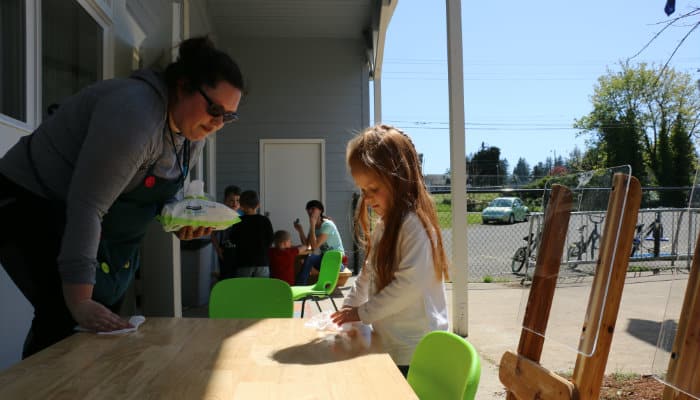
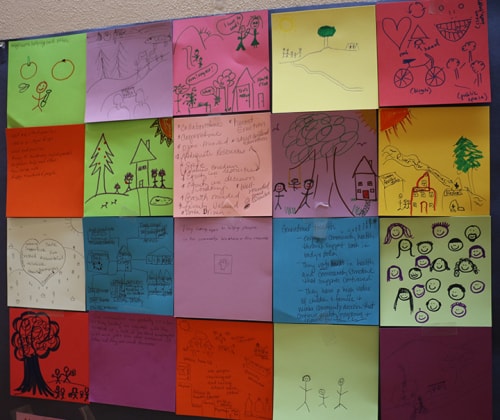
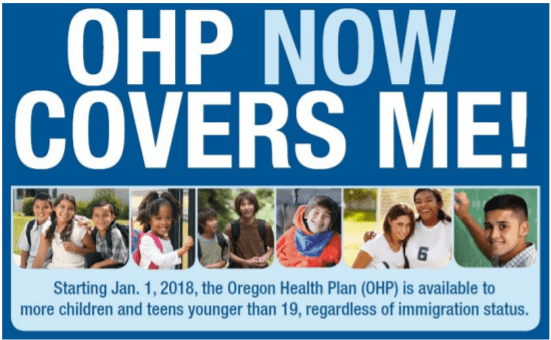
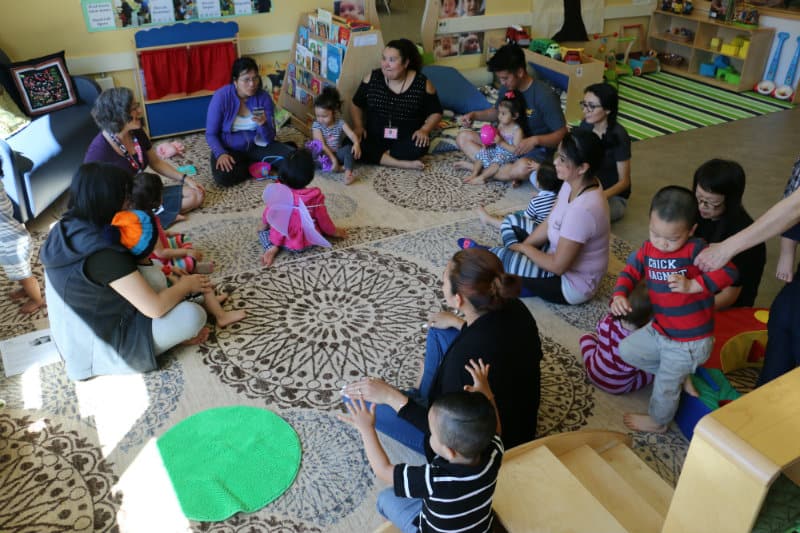

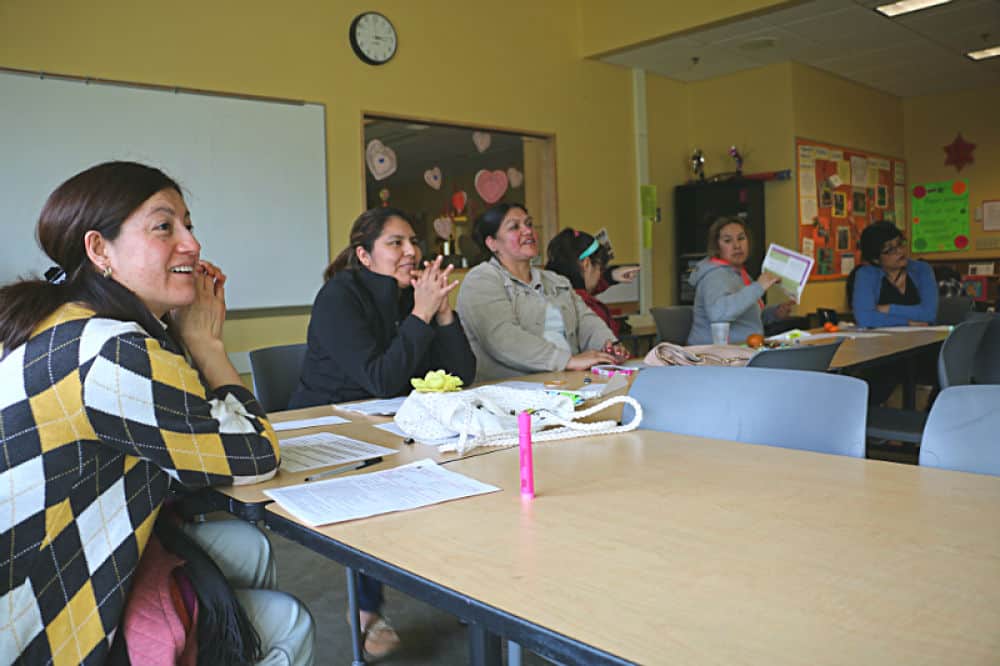

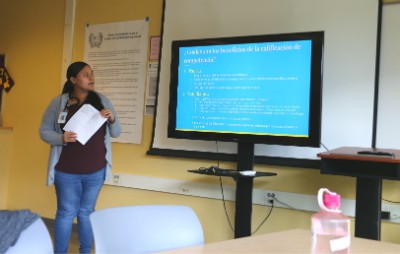 District interpreter Yahaira Meza-Lopez observed that during the Spanish language orientation, parents were more comfortable asking questions and participating than they generally seemed in meetings conducted in English with interpretation. This was evident in the interactions between the parents, who participated in partner conversations and small group activities, asked questions of Principal Ericka Guynes, and laughed and joked with each other and school staff during the meeting. Following the explanations of how to interpret the report cards, Principal Guynes provided suggestions for the types of questions parents might want to ask teachers to ensure their children are continuing to progress.
District interpreter Yahaira Meza-Lopez observed that during the Spanish language orientation, parents were more comfortable asking questions and participating than they generally seemed in meetings conducted in English with interpretation. This was evident in the interactions between the parents, who participated in partner conversations and small group activities, asked questions of Principal Ericka Guynes, and laughed and joked with each other and school staff during the meeting. Following the explanations of how to interpret the report cards, Principal Guynes provided suggestions for the types of questions parents might want to ask teachers to ensure their children are continuing to progress.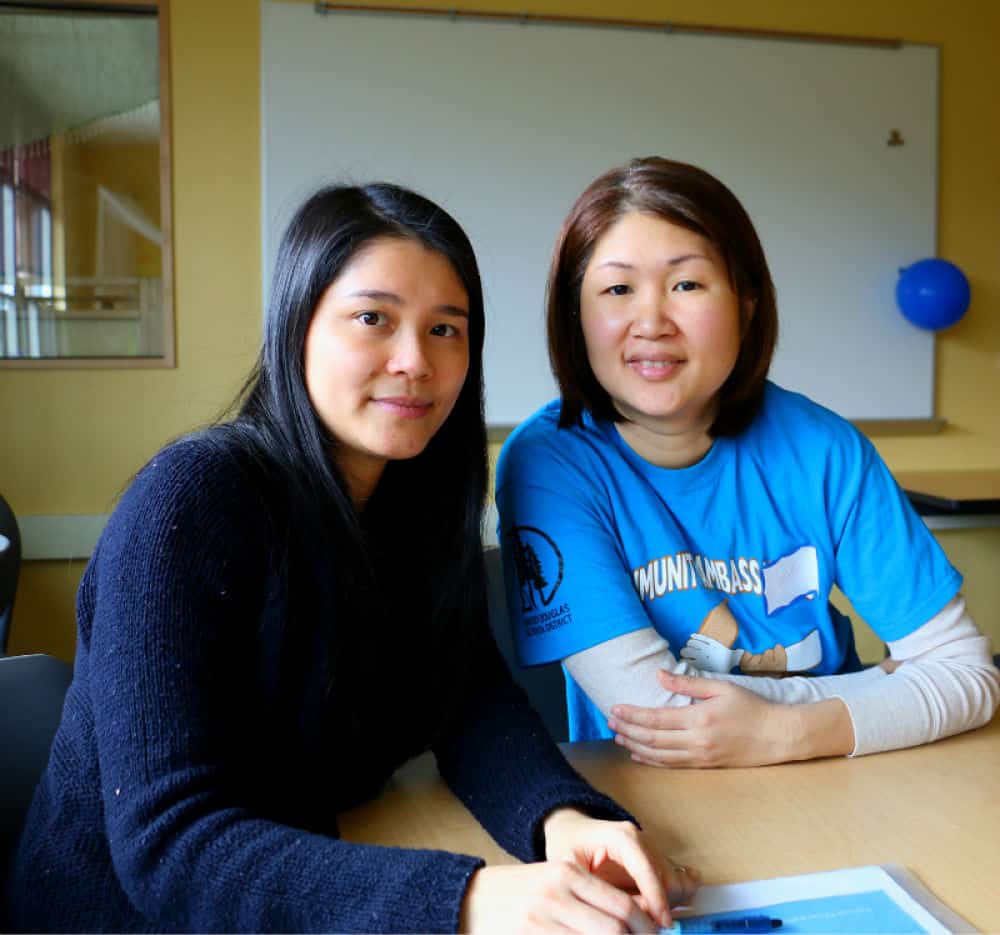 Ms. Banh, who has been a volunteer interpreter for three years and who also speaks Vietnamese, has gotten to know the other families in the community well. She frequently receives text messages or phone calls from parents who have questions about materials that have been sent home from school or who want to know if Ms. Banh will be attending particular events at the school.
Ms. Banh, who has been a volunteer interpreter for three years and who also speaks Vietnamese, has gotten to know the other families in the community well. She frequently receives text messages or phone calls from parents who have questions about materials that have been sent home from school or who want to know if Ms. Banh will be attending particular events at the school.